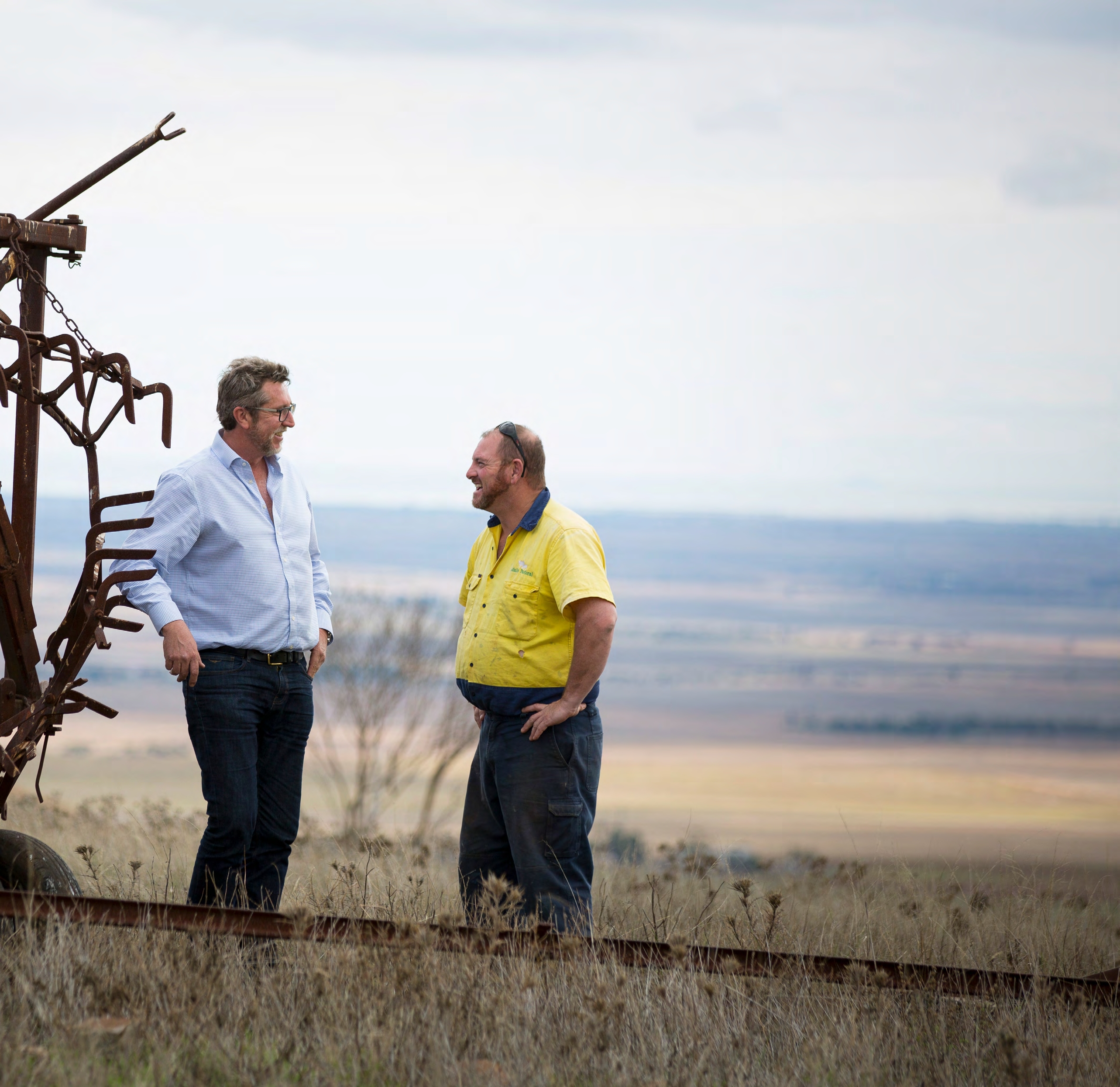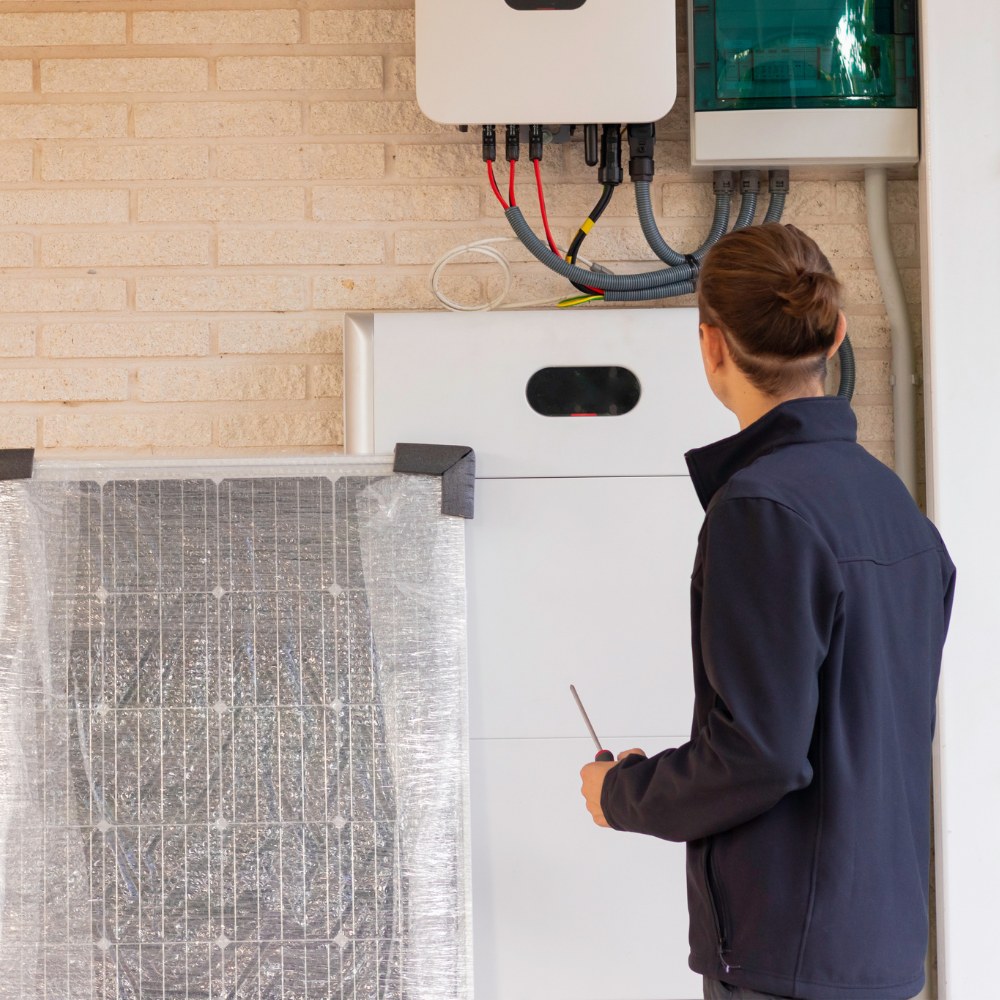The Clean Energy Council has published annual reports which disclose how signatories are engaging respectfully with the communities they operate in, including First Nations communities, being sensitive to environmental and cultural values, minimising impact on agriculture, prioritising co-land use, and making a positive contribution to the regions in which they operate.
Best Practice Charter 2025 reports
The Best Practice Charter signatory reports for 2025 contain more than 400 examples of how renewable energy developments are delivering for local communities, Traditional Owners, landholders, and the environment.
Whether it’s co-designing benefit-sharing funds with local councils, supporting First Nations equity partnerships, integrating agriculture and solar, or ensuring worker accommodation doesn’t strain local housing, the reports show what’s possible when regional communities and clean energy developers partner together to build lasting change.
A summary of the leading examples from the reports shows that industry is continuing to raise the bar for development on-the-ground in regional Australia.
If you work in the industry, understand how you can improve your projects with emerging practices and innovation or, if you live near a planned clean energy project, discover what’s happening in other regions and the opportunities for your community.

The commitments
- We will engage respectfully with the local community, including Traditional Owners of the land, to seek their views and input before submitting a development application and finalising the design of the project.
- We will provide timely information and be accessible and responsive in addressing the local community’s feedback and concerns throughout the life of the project.
- We will be sensitive to areas of high biodiversity, cultural and landscape value in the design and operation of projects.
- We will minimise the impacts on highly productive agricultural land and explore opportunities to integrate agricultural production.
- We will consult the community on the potential visual, noise, traffic and other impacts of the project, and on the mitigation options.
- We will support the local economy by providing local employment and procurement opportunities.
- We will offer communities the opportunity to share in the benefits of the project, and consult them on the options available, including the relevant governance arrangements.
- We commit to using the project to support educational and tourism opportunities where appropriate.
- We will demonstrate responsible land stewardship over the life of the project and welcome opportunities to enhance the ecological, cultural and/or agricultural value of the land.
- During the life of the project, we will recycle waste materials where feasible and commit to responsible decommissioning or refurbishment/repowering of the site at the end of the project's life.
Not yet a member?







